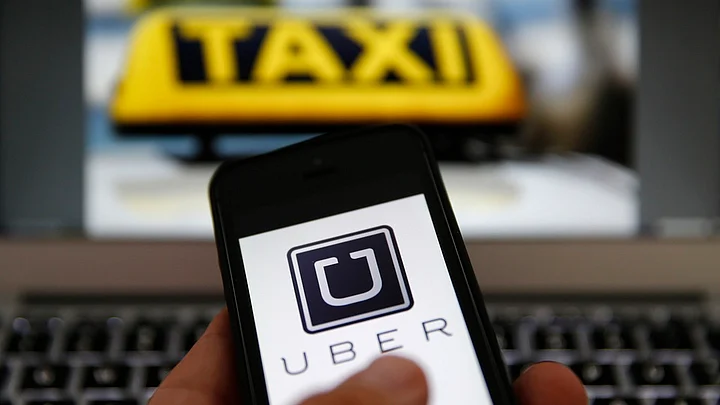Let’s face it, Uber turned urban transport on its head. In India, at least, the ride-hailing service has changed the way one perceives public transport, bringing in comfort and efficiency.
However, a recent piece in Harvard Business Review (HBR) calls for the ride-sharing app to be shut down, saying its basic business model is flawed.
HBR says the company’s cultural dysfunction, which led to Uber CEO Travis Kalanic’s resignation, stems from its business model that has an intentional illegality to it.
HBR argues that Uber’s biggest business advantage, besides enabling easy access to cabs through apps, was the use regular non-commercial cars. That way the company avoided checks on drivers, special licences, commercial registration and other taxes and fees associated with regular cab services.
Uber wasn’t the first to offer such services, its rival Lyft did. In 2013, Uber’s ex-CEO Kalanick called out Lyft’s business model, saying it was “a criminal misdemeanor” because of the lack of drivers with a commercial licence and commercial insurance. But what did Uber do? It furthered the same business model all over the world.
HBR says Uber focused on defending its illegality. It built up a strong legal team and procedures to lobby with regulators and see the benefits of the business model from Uber’s lens. Publicists for Uber portrayed its business model as the epitome of innovation, HBR says.
It opines that just changing the leadership at Uber won’t fix the issues at hand.
HBR calls for heavily penalising Uber for transgressions of licensing norms in various jurisdictions so that the penalties involved would far exceed the company’s cash on hand, forcing the company into bankruptcy.
However, there could be a silver lining for Uber fans, and something the Harvard Business Review report doesn’t talk about.
The company may have operated on an illegal business model in other markets, but it has been forced to change that and fall in line in markets like India. In India, all Uber cabs operate with a commercial registration, all-India tourist permit and drivers with a commercial licence, just like other cab operators.
Also read: False Hopes & Few Perks: A Glimpse of Ola, Uber Drivers’ Plight
The only thing that the company could do to differentiate itself in India was to offer the ease of app-based access and heavy incentives to driver partners, as well as heavily discounted fares to grab market share.
But the cash-burn involved is taking its toll. At the same time, reducing driver incentives is increasing pressures from taxi unions.
(This admission season, The Quint got experts from CollegeDekho.com on board to answer all your college-related queries. Send us your questions at eduqueries@thequint.com)
(At The Quint, we question everything. Play an active role in shaping our journalism by becoming a member today.)
